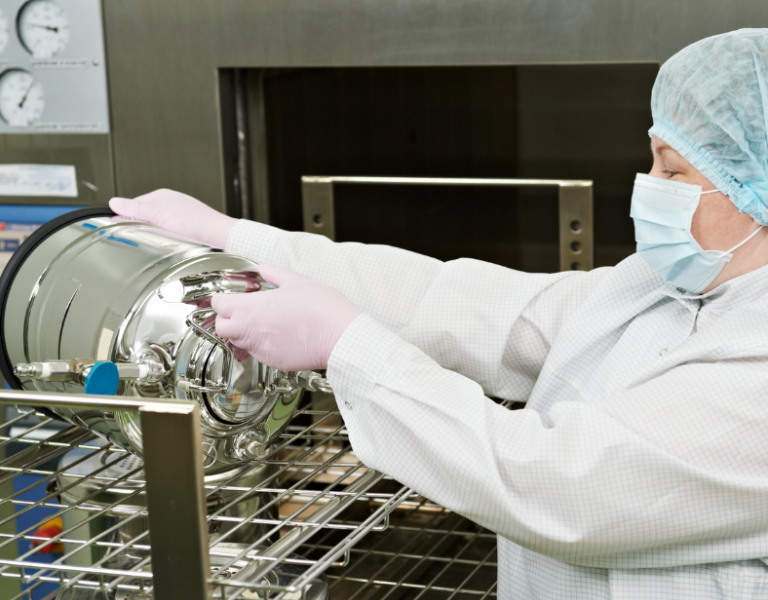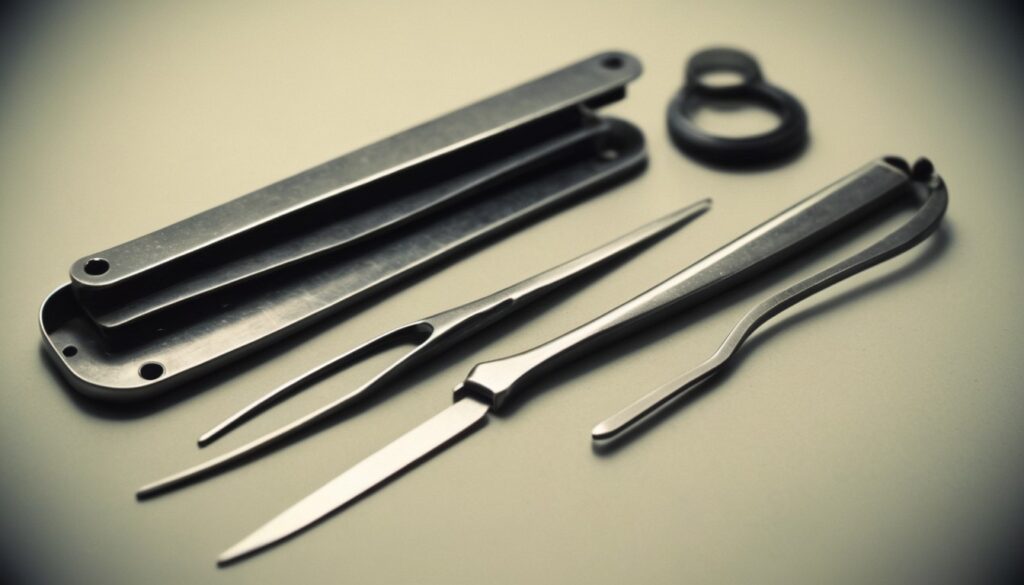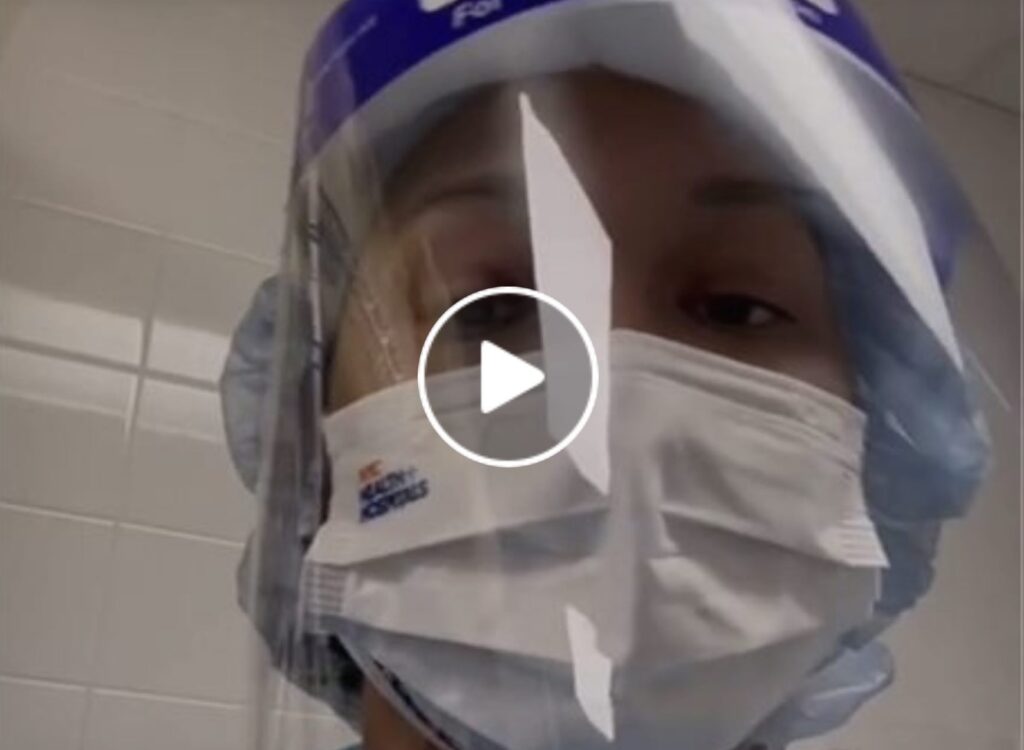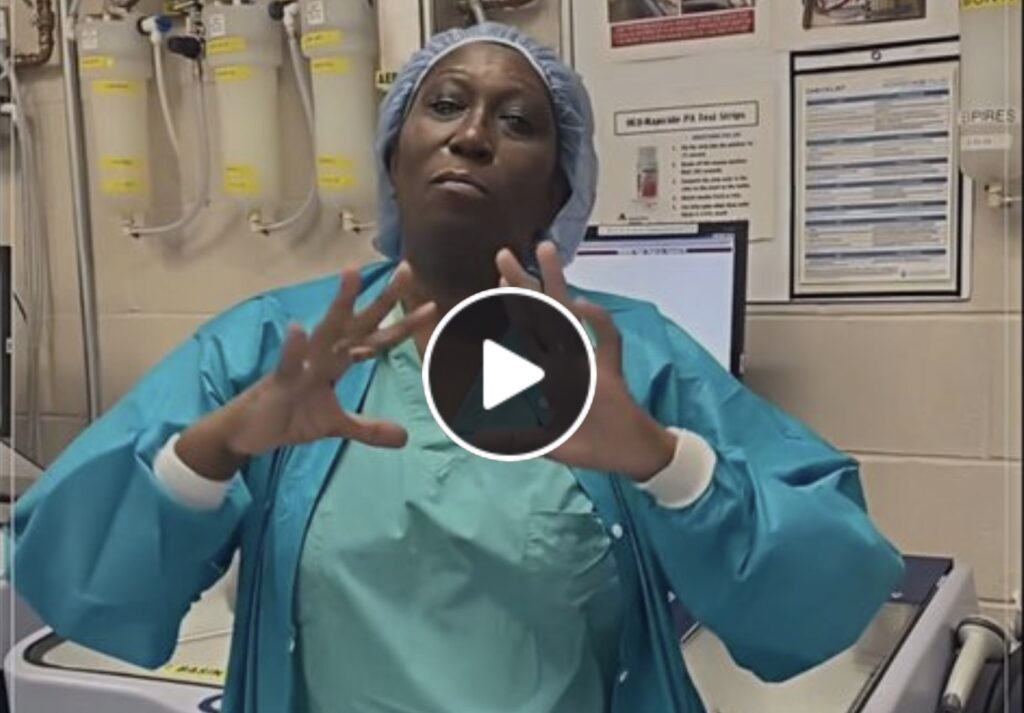A sterile processing technician is responsible for daily washing, sterilizing, cooling, assembling, packaging, and storing surgical and procedural instruments. Sterile processing technicians are vital to medical settings and are responsible for ensuring each and every surgical instrument is safe for future use. Sterile processing technicians often clean and sanitize operating rooms, tables, and equipment to keep patients and staff safe.
The job requires very specific characteristics in order to perform the duties correctly and ensure the safety of all involved. Read the following five characteristics of a sterile processing technician and see if it’s the right career for you.
A Sterile Processing Technician Is…
1. Cautious
Sterile processing technicians must be cautious at all times when handling and cleaning surgical equipment. Technicians must prevent contamination or exposure to blood and bodily fluids when cleaning each instrument. Most sterile processing technicians wear gowns, masks, faces, shields, shoe covers, and two pairs of gloves to protect themselves from bodily fluids and harsh cleansing agents.
2. Patient
Though routine in nature, the sterile processing technician role requires patience to work through the details and processes that make this job so vital in healthcare settings. The job requires swiftness and extreme accuracy. You will spend your whole shift washing, flushing, drying then sterilizing each and every screw, hinge, tube, and crevice. Then each piece must be reassembled properly for patient safety and surgical effectiveness.
3. A Rule-Follower
Carefully reading and following instructions is required at all times as a sterile processing technician. Every surgical and ancillary instrument has specific instructions for how to clean, sanitize, and reassemble each piece. Disassembly of the equipment must also be done precisely for proper cleaning and sterilization. The process needs to be accomplished efficiently and effectively.
4. Analytical and Hands-On
This job is very hands-on and requires an analytical mind. You are completely responsible for the sterilization, assembly, and disassembly process from start to finish ensuring the equipment for surgeries, medical procedures, and exams are safe to use. You are also responsible for inspecting each instrument for possible defects and reporting all defects to staff. After the sterilization and assembly process is complete, you are responsible for delivering instruments to a different hospital and clinic departments.
5. Detail-Oriented
As a sterile processing technician, you must pay careful attention to every detail during the sterilization process. The safety of patients and staff is in your hands. In addition to the sterilization process, you will also take inventory to ensure each instrument is accounted for, order supplies, assemble instrument trays, distribute supplies, and diligently check expiration dates to ensure the sterile supplies are safe to use.
This job requires passion, dedication, patience, precision, and a meticulous approach to ensure the safety and wellbeing of patients and staff. Technical skills aren’t the only ones needed to perform this job well. To succeed as a sterile processing technician, you not only need to be able to work independently, but you also need to have strong interpersonal skills to successfully collaborate and work with colleagues. You will interact with other medical staff on a daily basis which requires excellent communication skills in order to build relationships and prevent mistakes caused by miscommunication.





